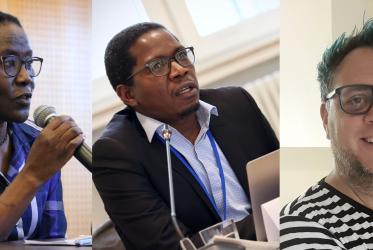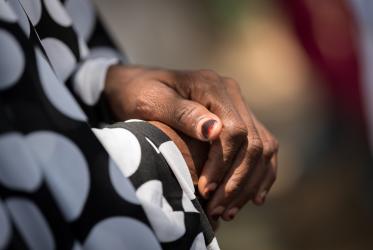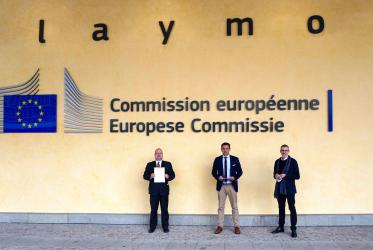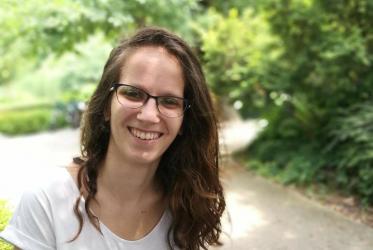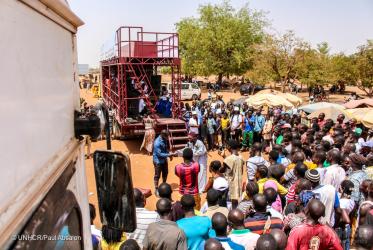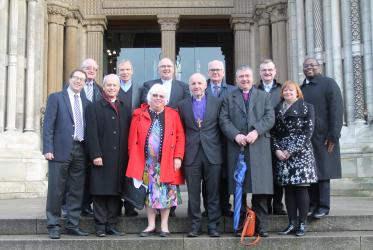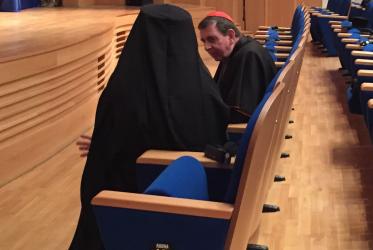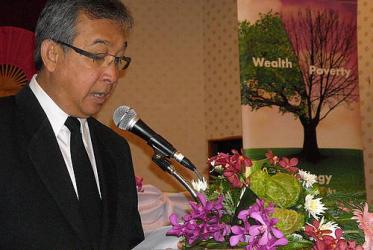Displaying 1 - 18 of 18
Ecumenical statement on migration received by European Commission
25 September 2020
On the journey to HIV – bridging gaps, debunking myths
21 February 2019
Christians in China warmly receive WCC delegation
12 January 2018
In Lebanon, refugees face hardship - but find hope
16 March 2017
God’s forgotten children
20 June 2016
Fleeing from – rather than to – a place
10 February 2016
WCC delegation visits north Ireland and border barriers
02 December 2015
Cardinal Kurt Koch tells WCC News: We have to deepen our solidarity
05 November 2015
WCC and UNICEF sign global partnership to promote children’s rights
18 September 2015
Joint efforts to fight violence against children
18 June 2015
Resettlement due to climate change on Asia-Pacific church agenda
11 November 2009
